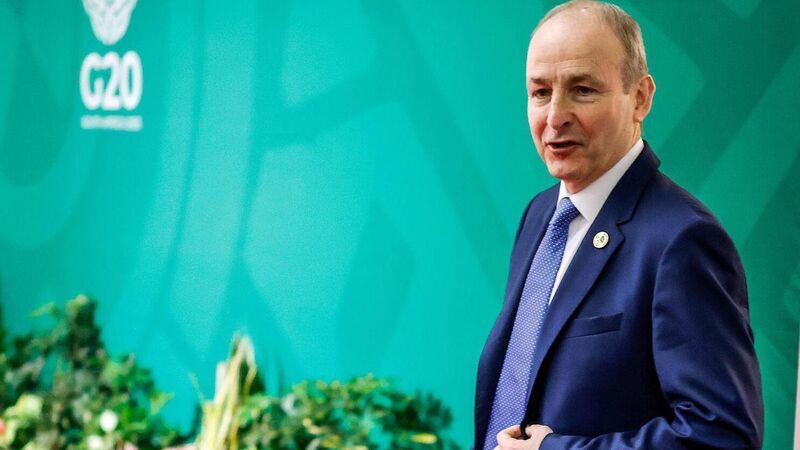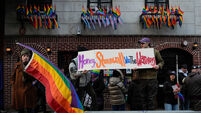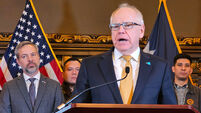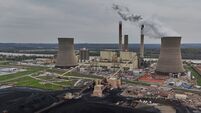Louise Burne: Donald Trump manages to loom over G20 without even being there

Taoiseach Micheál Martin said Ireland was honoured to be invited to the G20 leaders’ summit in Johannesburg — and Cyril Ramaphosa's spokesman Vincent Magwenya echoed the Taoiseach's thoughts on the strong relationship between Ireland and South Africa. Picture: Marco Longari/AP
“Are you from Trump country?” the group of South African journalists asked the Irish media as they sat on shuttle buses waiting to enter the G20 leaders’ summit.
The one American on the bus slumped in her seat a little bit but admitted that she had travelled to Johannesburg to cover the summit.














